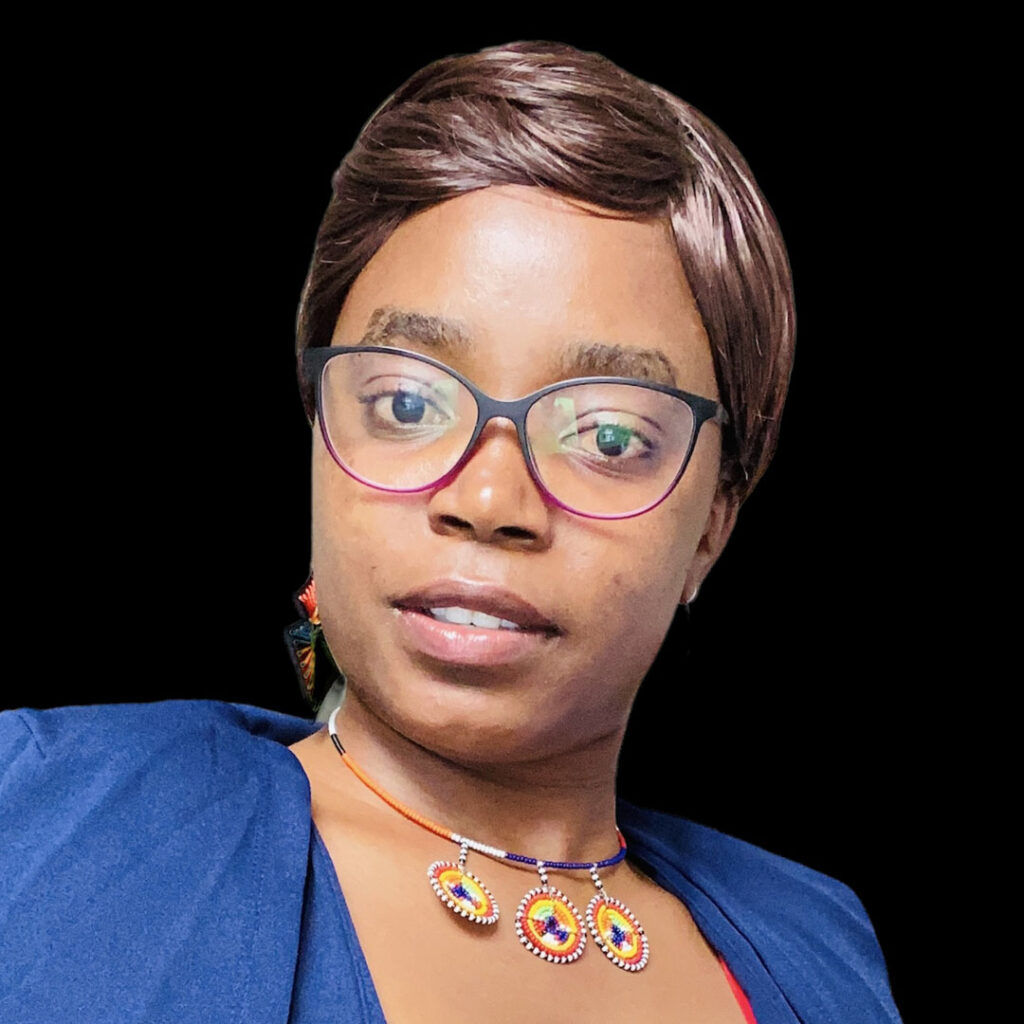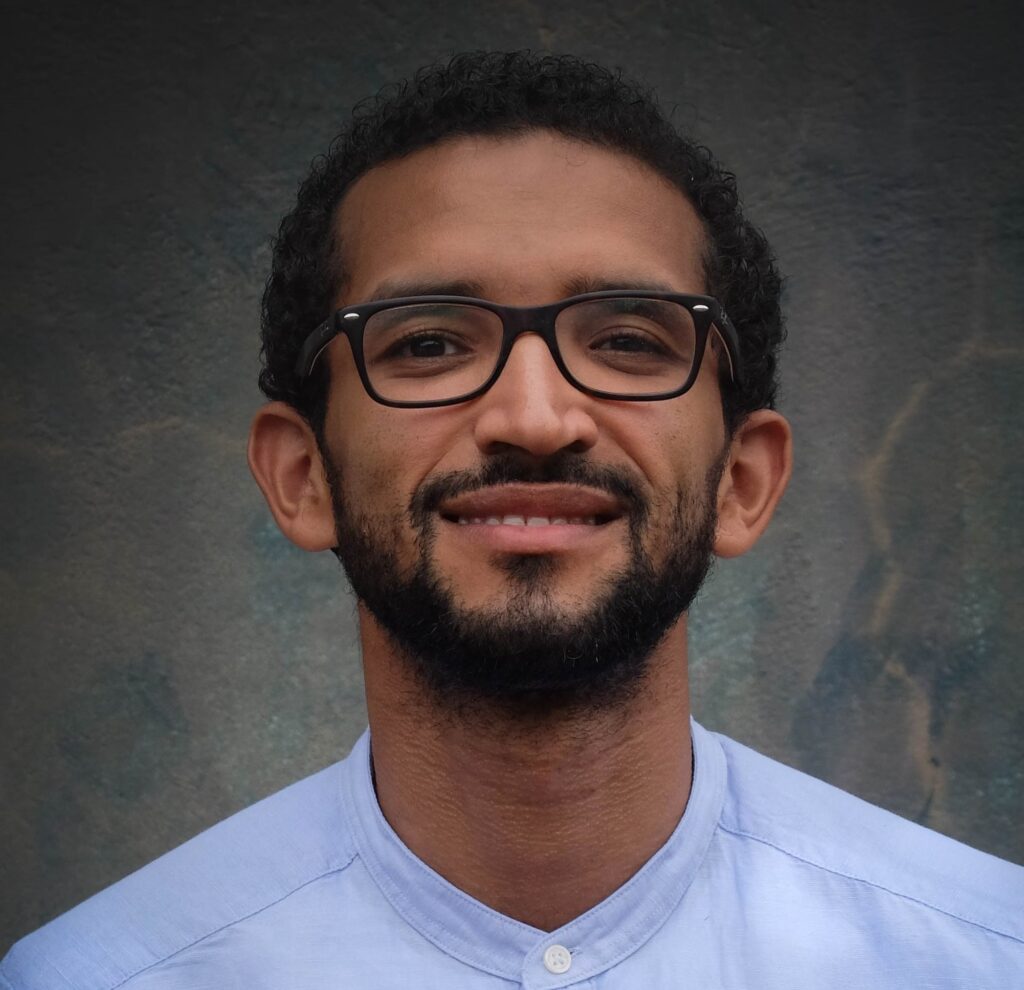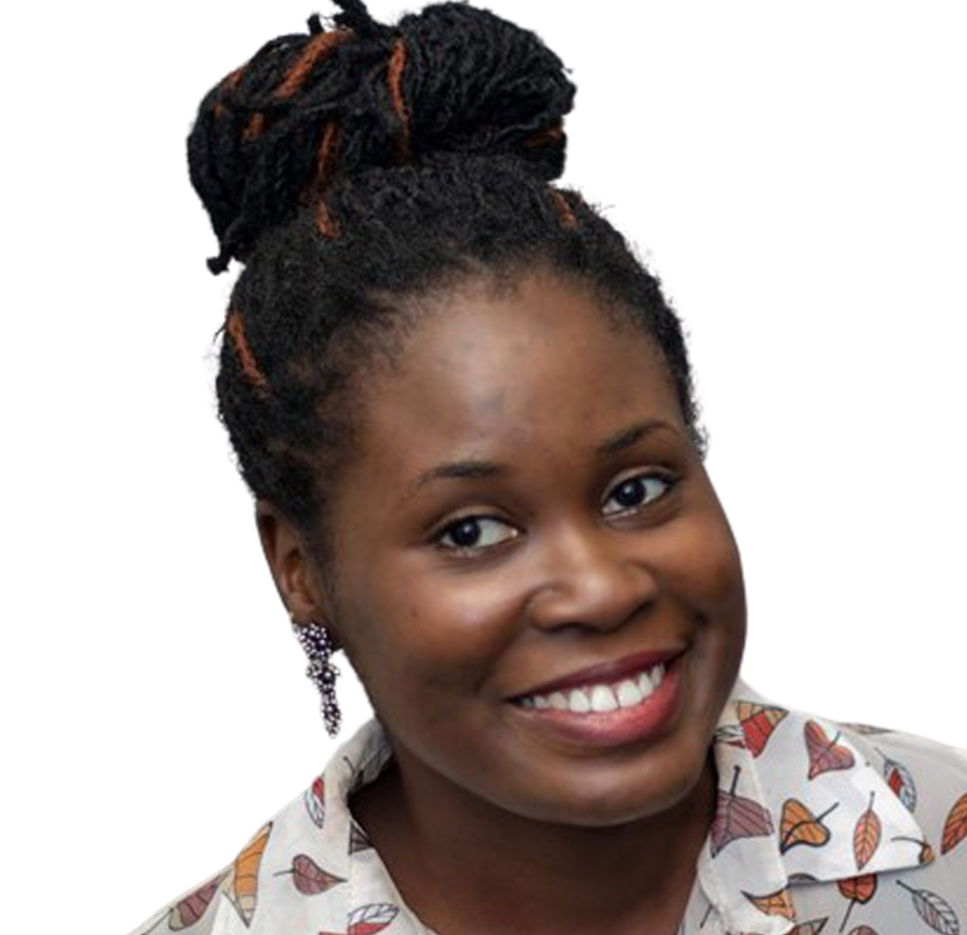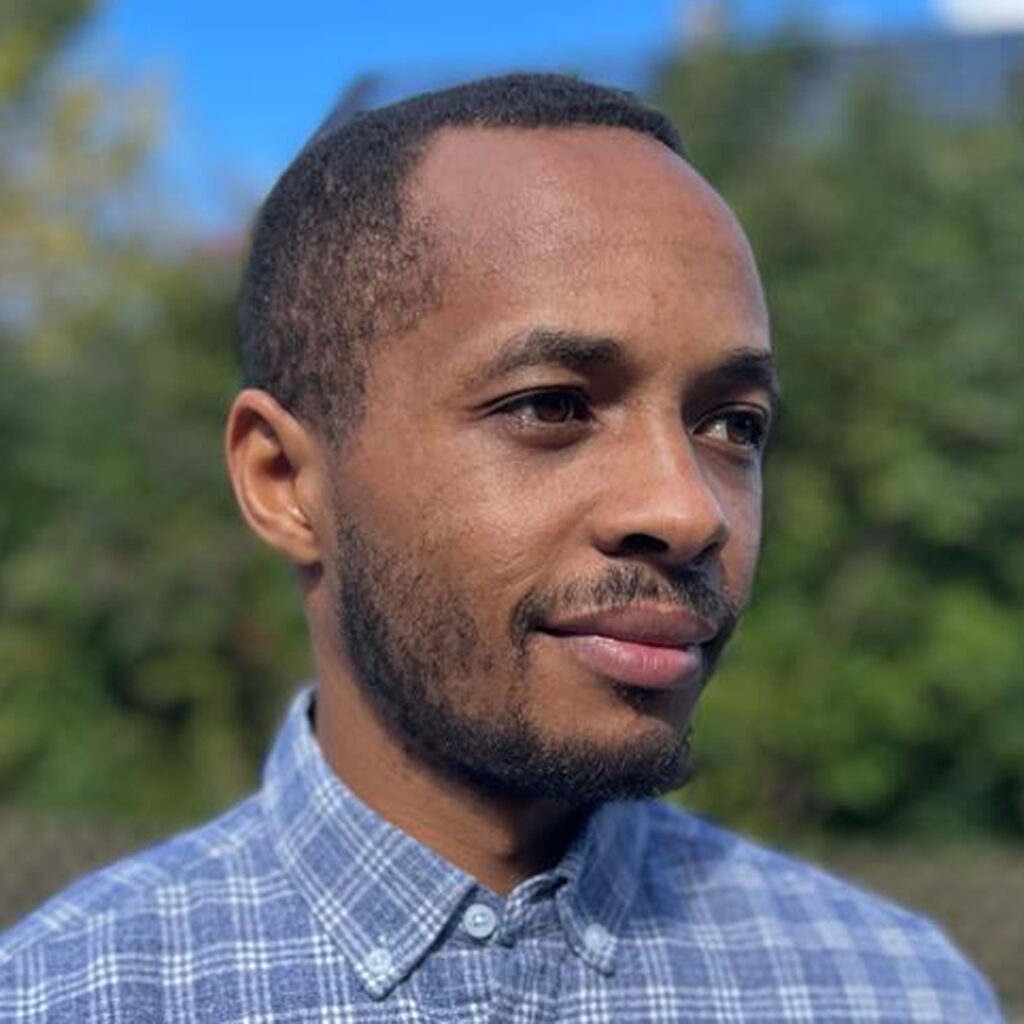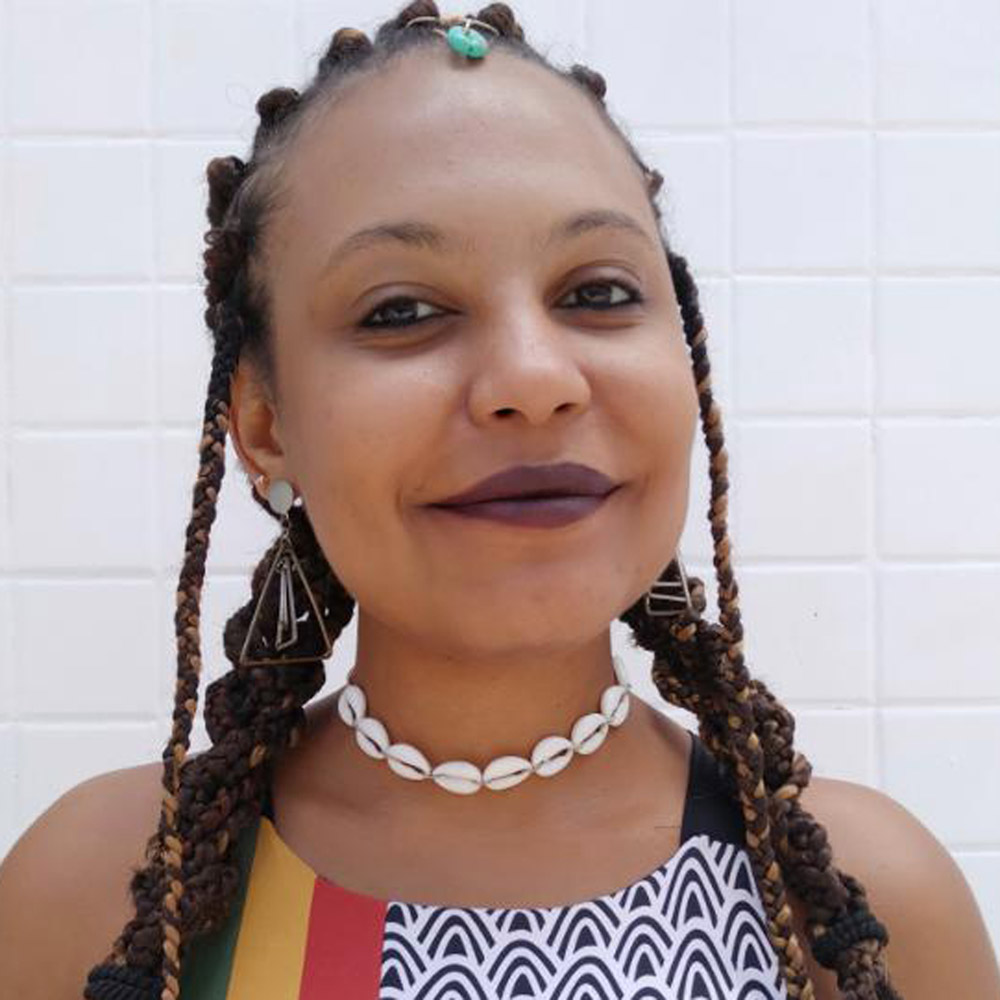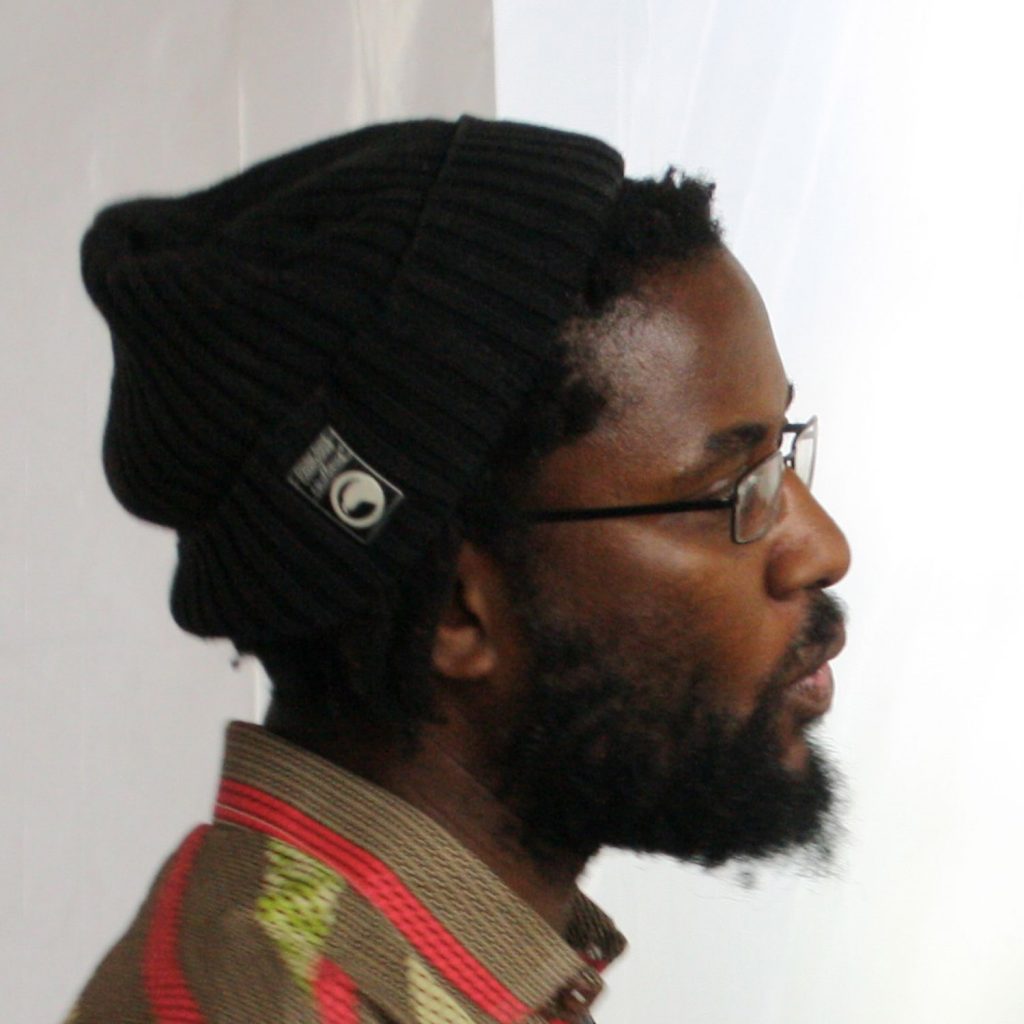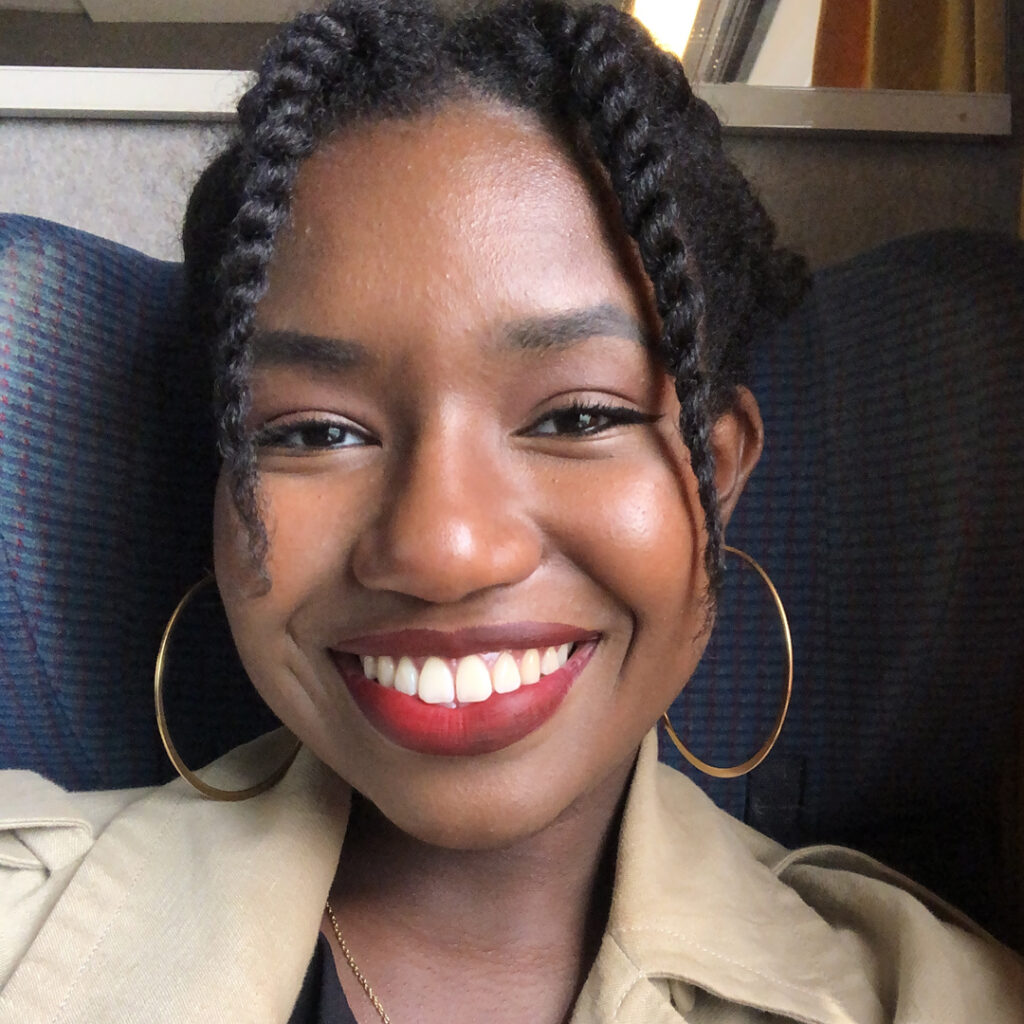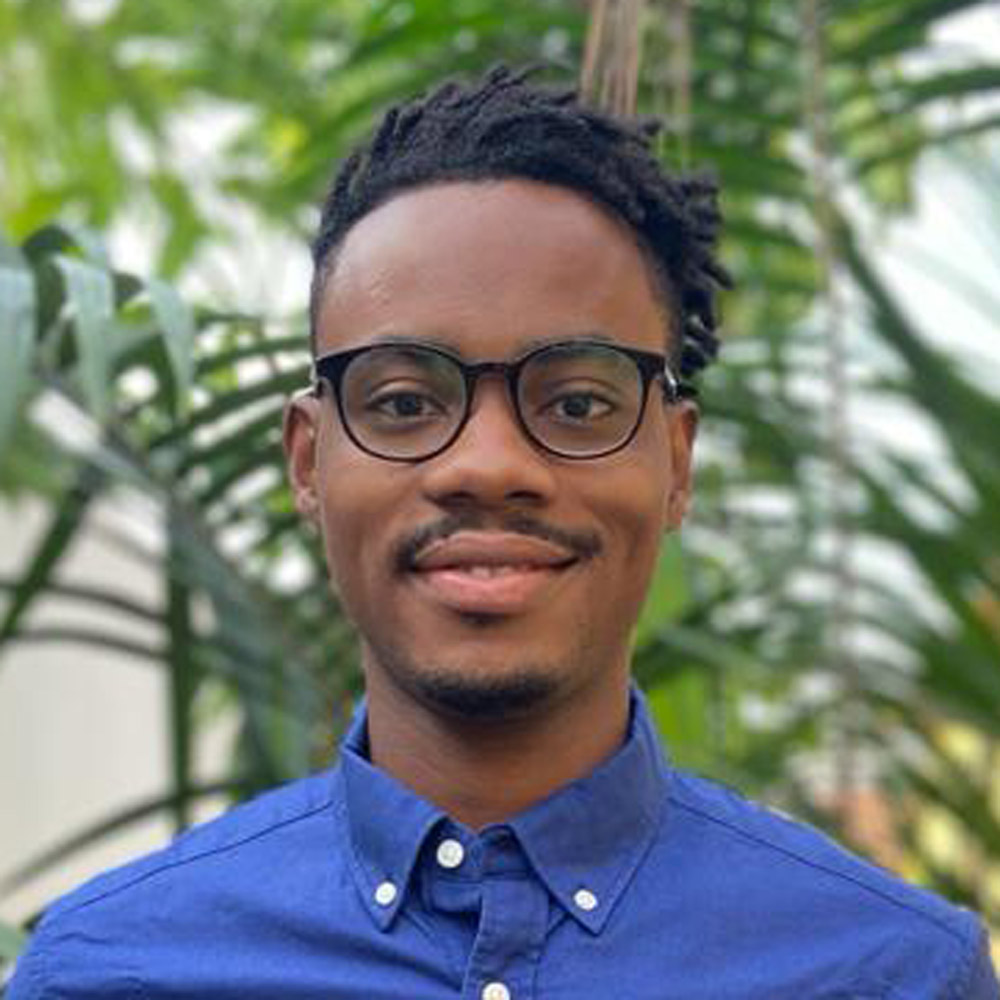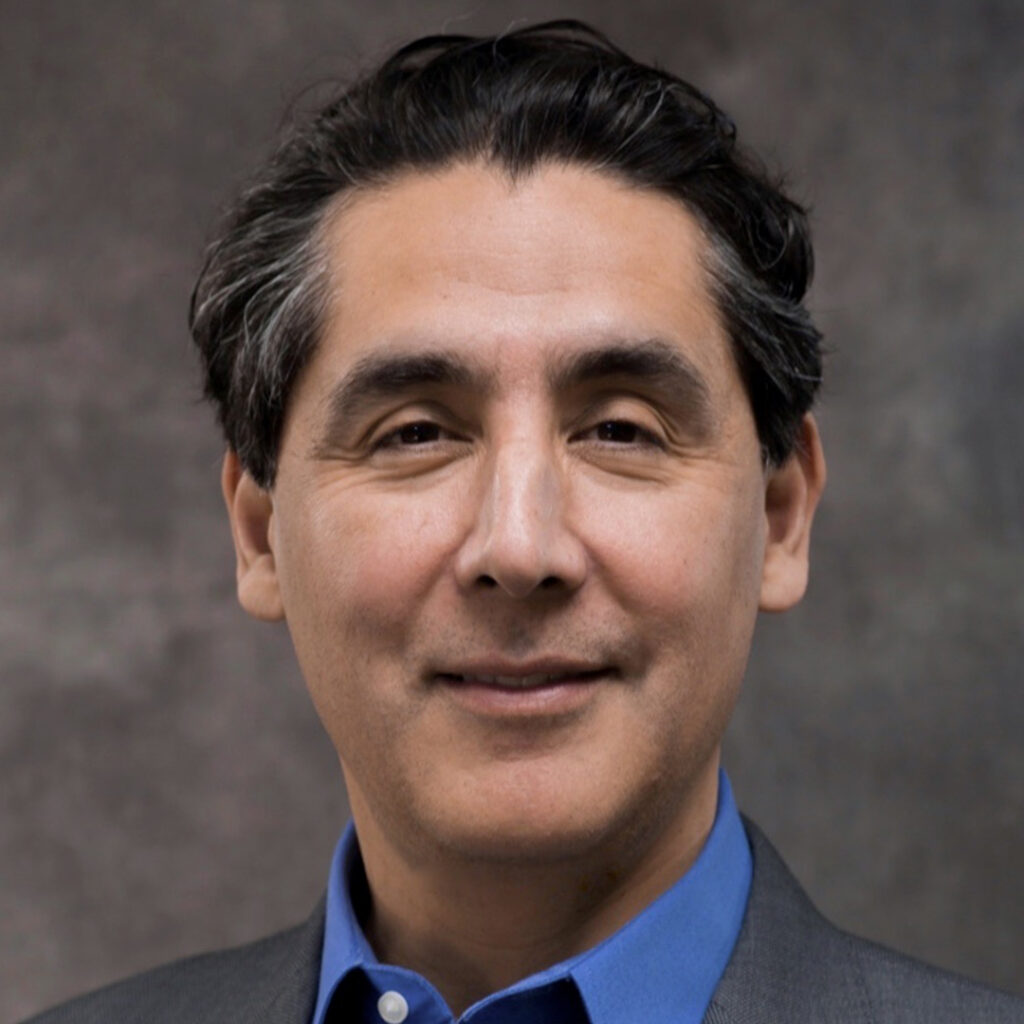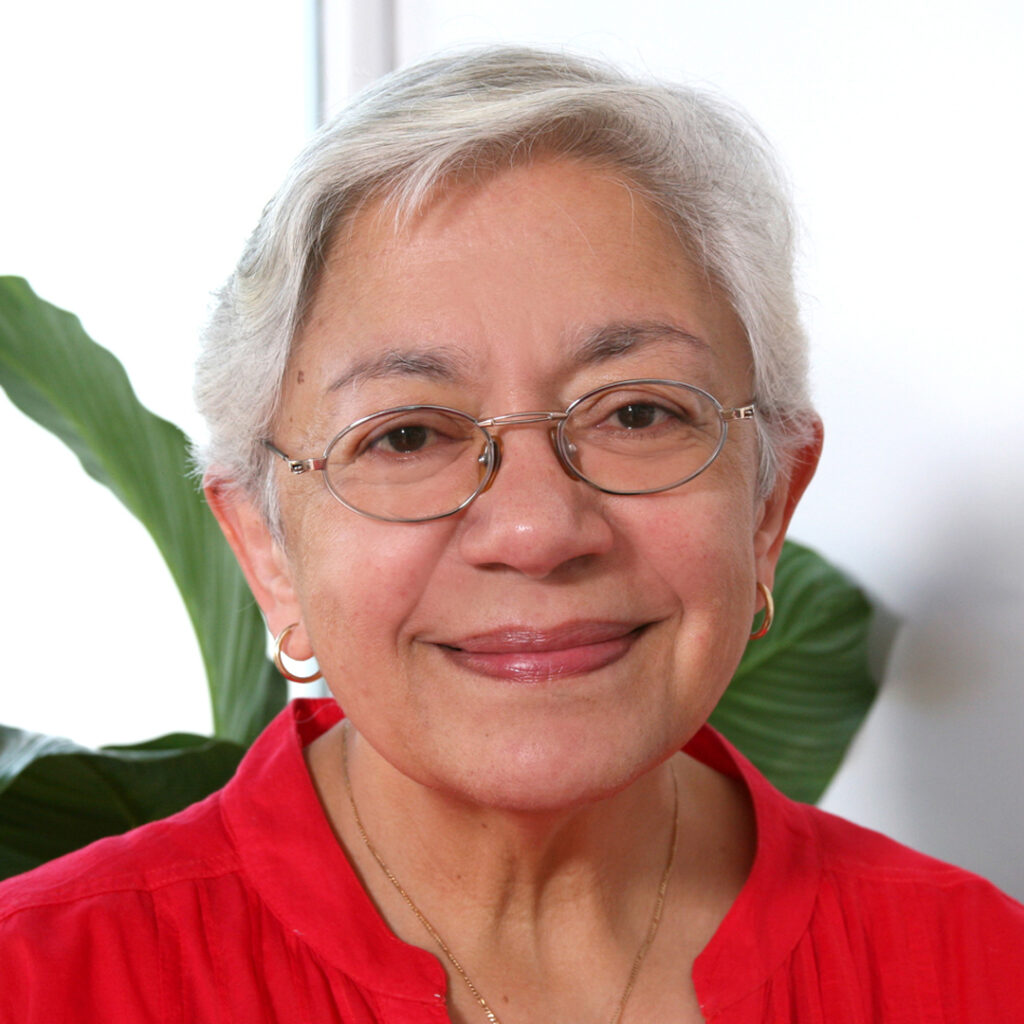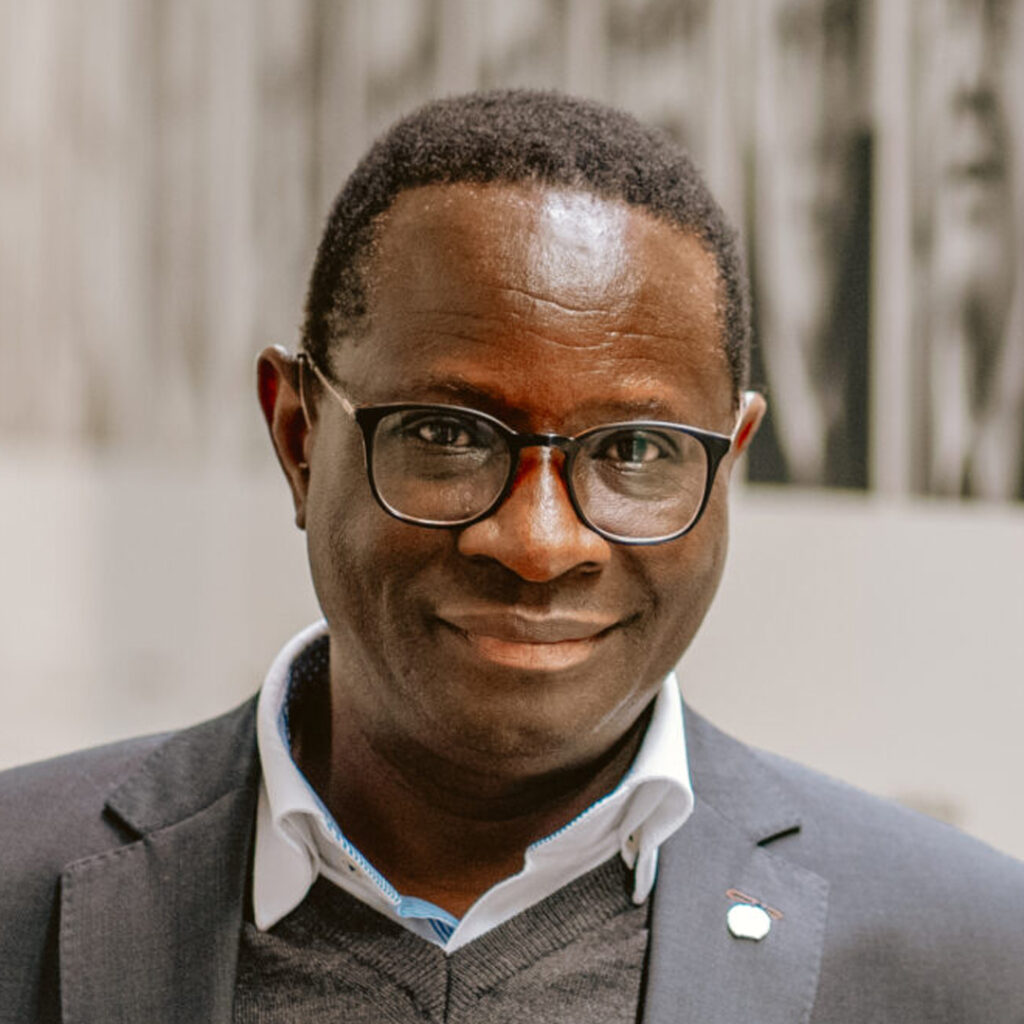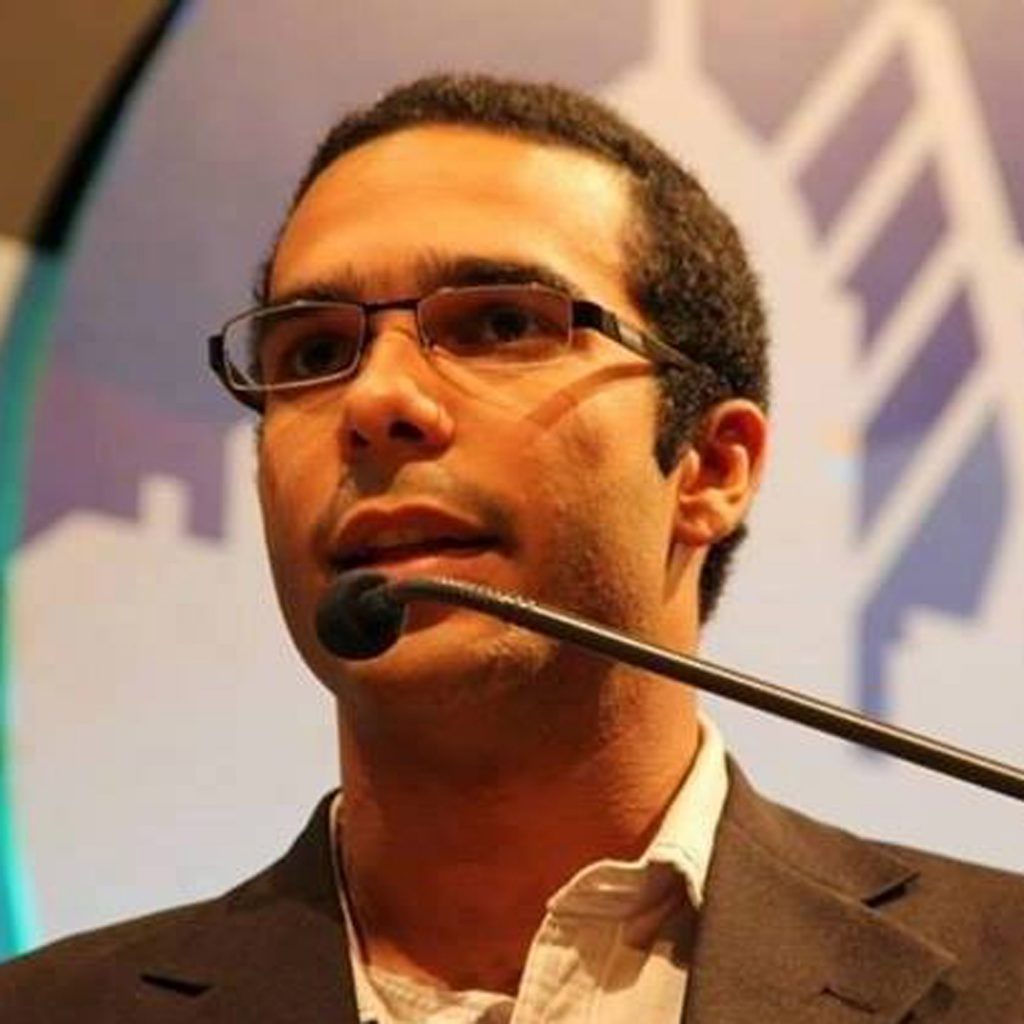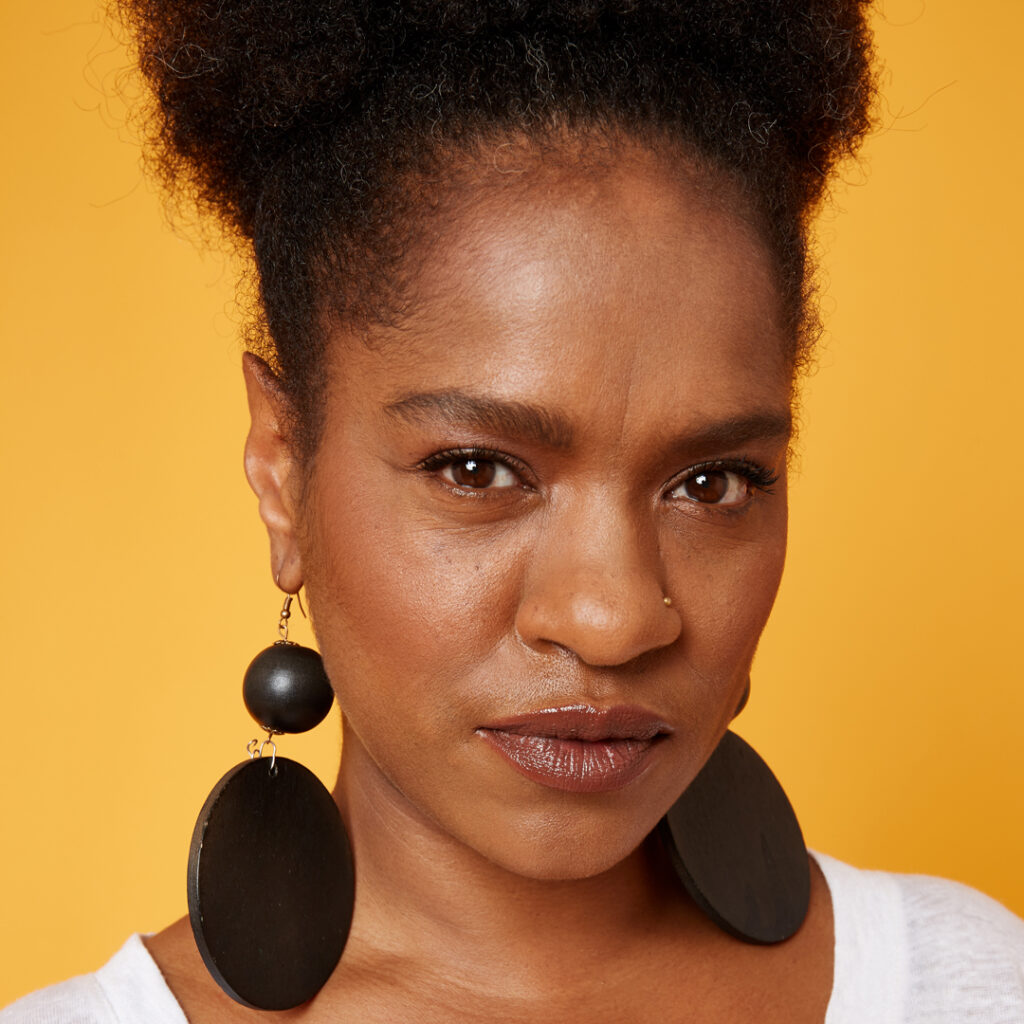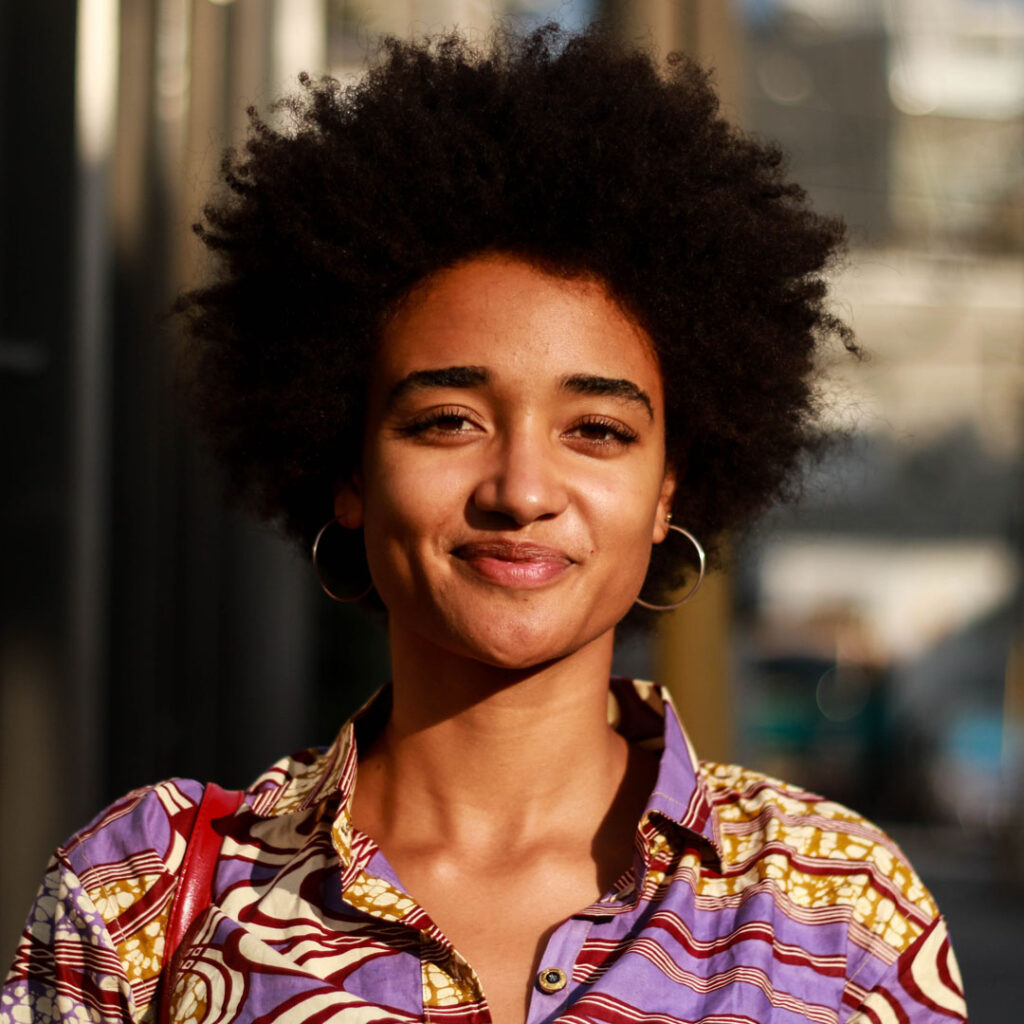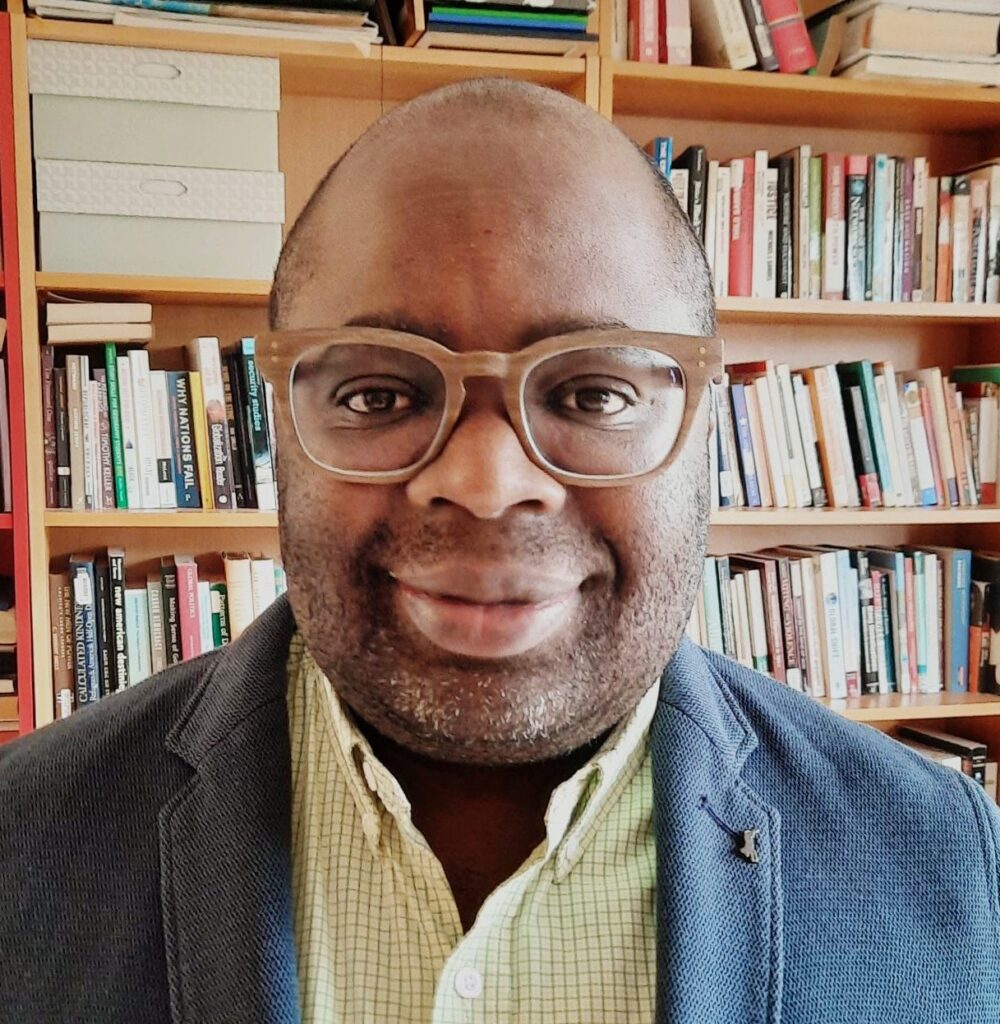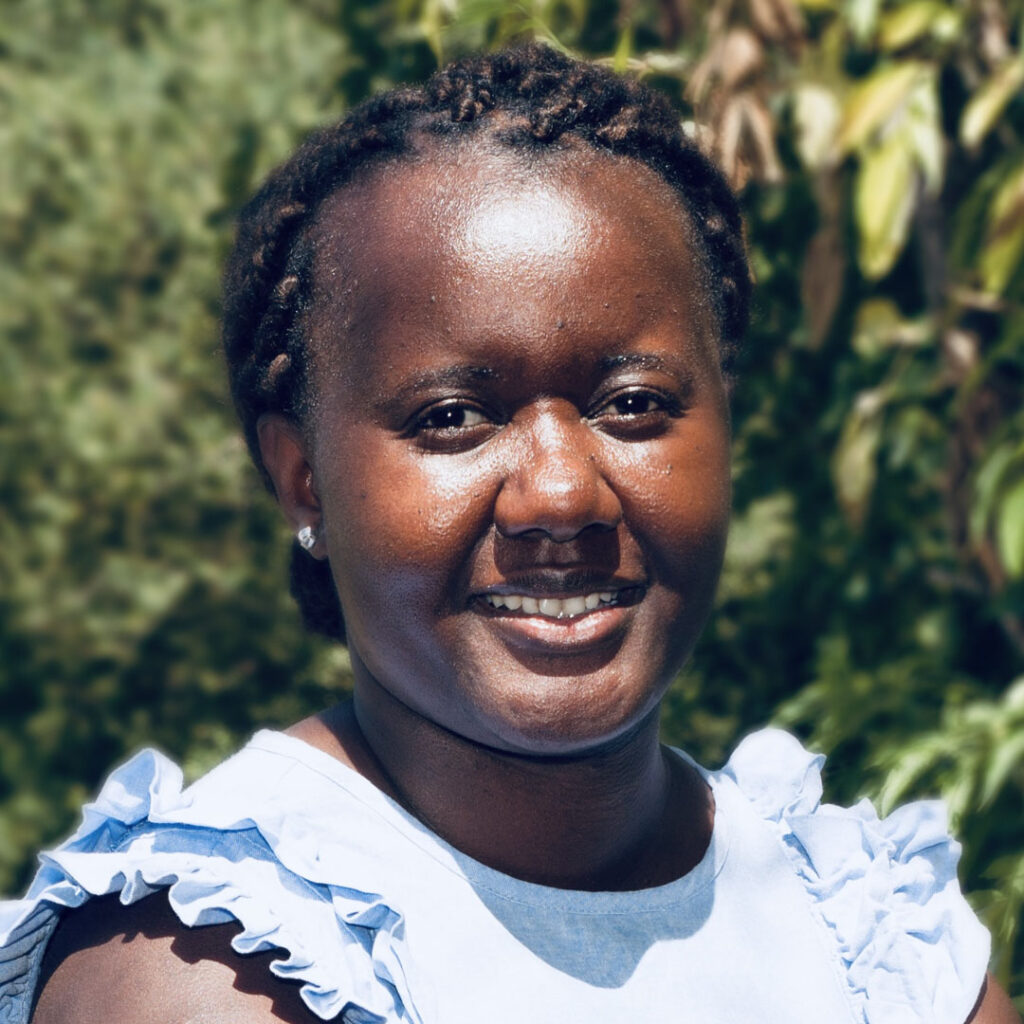WORKSHOP SLOT 1
October 5th I 12pm (UTC+2)
African Diaspora woman and emancipation of her sister back in Africa: Class, social stereotypes, and economic dynamics at play
While their emigration from Africa is informed by diverse factors, together the African diaspora has been a very significant economic growth contributor to their African nations. Their contribution to the economy is largely due to the remittances they send back at home as well as their long-term investments in their countries in terms of businesses and real estates. Nonetheless, their participation in political and social aspects of African society is still at its infancy. In this presentation, I focus on the African diaspora women and their contribution to the emancipation of women in Africa. I examine how African diaspora women relate with their sister counterparts in Africa. I also examine the perception of the two (those abroad and at home) about each other and how these relationship impacts on the entire efforts of emancipating the woman back in Africa. I argue that the relationship between the African diaspora woman and their sisters’ counterparts in Africa is a complex one, centering around class, social stereotypes, and economic dynamics that limit women’s emancipation both back at home and those living abroad.
Placing the Diaspora in African Development: an uneasy relationship?
This workshop will discuss the different locations from which we can think the African diaspora, and the different meanings and experiences we can associate with multiple diasporic realities on the ground. The workshop will also build a bridge to recent debates in circular migration and return migration, and juxtapose these against persistent patterns of “outmigration” and permanent brain drain.
A post-diaspora constellation? Development aid between bio- and necropolitics
online workshop
In the context of development policy, a concept of diaspora is used that originates from the social sciences. If one refers to Ludger Pries definition of diaspora, then it means a group of emigrants who live temporarily or for a short period of time outside their country of origin or birth. The diaspora draws sharp boundaries between the country of origin and the country of arrival, so that a fascinating transfiguration of the homeland can be observed. “The country of origin becomes the promised land and appears in thoughts and imagination in idyllic ideas such as security, happiness, contentment, trust, community and originality. (…) The relationship to the country of arrival would be characterised by emotional indifference. [my translation]” Both the description of the relationship to the region of origin or arrival and the description of the time horizon for migration make diaspora a problematic term. Not only are many people who are usually counted as diaspora born or live permanently in the country of arrival, but most of them also do not draw a line between countries of origin and countries of arrival. In fact, they live in a symbolic/emotional transnational social space and identify with both countries/places. The workshop will look at the role that the diaspora, as a group situated in a transnational symbolic space, can play for the development of Africa.
WORKSHOP SLOT 2
October 5th I 2:30 pm (UTC+2)
COMMUNICATION EXPERIENCES ACROSS SPACES: DIASPORA SOCIALIZATION AND INTERCULTURAL RELATIONS
Topical issues on the diaspora and diaspora relations have been discussed over time. One of such issues is intercultural communication across time and space, including how migrant individuals and groups communicate in institutional settings such as schools, social and public service encounters, etc. (House & Rehbein 2004), and how diasporans develop and negotiate languages, social relationships, identities, and ideologies in communities and workplaces. Comparisons across different migrant groups regarding their migratory experiences and multilingual practices have also been made. However, there is a need to explore how diversity impacts the everyday communicative practices of people in the diaspora. This workshop focuses on the communication experiences of people in the diaspora. It adopts a bi-dimensional approach to relationalities between people in the diaspora and their host communities. Its core objectives are to examine how individuals and groups manage the diversity of age, gender, socio-economic status, etc. through communicative and symbolic resources to create a complex nexus of relationships; to consider what integration and belonging mean to different individuals and groups linguistically and socially; and to explore how both diasporans and their hosts experience and produce communication and social relations. This workshop will adopt an interactive approach to achieve its objectives.
Leveraging African Diaspora for the Africa We Want
Since the 1980s, the African diaspora has increased significantly, and so has the diaspora’s contribution to Africa’s development. A highly debated and contested topic has been limiting diaspora discussions to remittances and social intervention. However, it has been noted that the African diaspora represents a vast reservoir of human and financial capital and a significant bridge between itself and development in the African continent. Working towards the Africa We Want under Agenda 2063, the African Union has recognised the diaspora as its Sixth region, placing huge expectations on the diaspora to contribute toward the realisation of AU Agenda 2063. Cognisant that the African diaspora is diverse, multifaceted, and multigenerational, the main concern is how to involve and harness the diasporic resources in the 21st century and beyond. During this workshop, we will explore issues germane to bridging the gap between Africa and the African diaspora and identify strategies to maximise the involvement of the African diaspora in revitalising the continent.
Amefricanidade: The ancestral reconnection through feminist Afro-Latinity in Brazil
online workshop
The year 2020 was the time of introspection for humanity due to the COVID-19 pandemic. In this context, the African diaspora experienced violence on the part of the State, whether through the police apparatus (as in the case of George Floyd, the murders in the favelas in Brazil), as well as the racialized pandemic and the precariousness of essential sectors of society, such as health and education. Despite the problems, the year mentioned was a year of approximation of ancestral roots from the quilombos, black and African literature, black feminist study groups and exchange of experiences. Starting from the discipline of International Relations, this presentation aims to analyze how the ancestral reconnection in Brazil takes place through the Afro-Latin Black Feminisms – Feminisms in plural, considering the diversity inside this one.
WORKSHOP SLOT 3
October 6th I 10:00 am (UTC+2)
MAUART SPACE22 invisible BLACK BODIES IN BAYREUTH
The utopian Stammtisch (round table) for participation and co-determination as an un*learning practice is continuity and resistance which will reflect about the artist’s research on how BIPOC are legally, formally, and informally excluded from institutional spaces by not being granted rights to legally fight institutional practices of appropriation and how to make universities a more inclusive space for all. One main issue, therefore, is to negotiate legal rights for marginalized students and teachers in university spaces.
While meeting for the Stammtisch we will revisit the MAUART exhibition developed from 2018 on. The exhibition and the discussions will critique and question power dynamics in institutional spaces. This critique is based on personal experiences made in different institutional academic spaces while being an artist. Institutional spaces often cultivate a culture of power, fear, and oppression. These exclusionary mechanisms are especially powerful and exclusionary for marginalized people in terms of intersectionality. The artist will try to open closed spaces by using the means of art. The Stammtisch will pose the following question: What can we learn from art, culture, and continuity in order to open institutional spaces for all?
Beginner Workshop – Simulation of a Pan-African Parliament – European Parliament meeting to enhance partnership
online workshop
Launched at the first Africa – EU Summit in Cairo in 2000, the PAP-EP partnership has been defined through the Joint Africa – EU Strategy, which has been implemented through various action plans. Both continents want to move beyond the dominating / dominated relationship. The goal of this workshop is to identify mutual and complementary interests. After determining five pillars together (i.e. ecological transition, human rights, youth mobility, governance, migration…), we will try to define a vision on the future of this partnership following five steps. Each step will lead to a 10 min break room.
Research: basic research tips, about the organization, the country, the committee’s topic.
Resolution writing: how to express one’s country unique understanding of the issue, its previous relationship with the topic, policies and ideas that the country would like to see
Public speaking: eloquence and debate tips.
Setting goals: depending on one’s experience: specific, measurable, attainable, realistic, timely.
Networking: bonus 🙂
How the young generation can change the narrative for Africa
online workshop
Different indicators have disclosed the limited performance of the African continent in terms of good governance, economic growth, and development. Studies pointed out that the continent is far behind in terms of development and economic sustainability. Considering the key elements of developmental theories and perspective, it is important to consider the challenges of underdevelopment and its ways forward towards reshaping the Africa we want and consequently economic inclusion. The youth play a very significant role in the process of creating an environment that allows changes in mindset, social capital, network and collaboration, political participation, economic integration which are essentials towards enhancing the possible change of the narrative regarding the development of Africa. In so doing, we are challenged to engage the youth whether within the continent or oversees, combining not only productive factors also intellectual capacity to deliver actions of change and innovative approaches that trigger a drastic change in attitude of the Africans.
WORKSHOP SLOT 4
October 6th I 12:00 pm (UTC+2)
Exploring identity from the perspective of the African diaspora
Identity is a complex theme that many of us struggle with through the entirety of our lives. For the African diaspora this is further complicated by the conflicts that exist between the two or more worlds in which they exist. In this workshop, we will explore the theme of identity from the lens of the African diaspora. We will look at how the diaspora transforms and reimagines cultural identity. We will explore various perspectives through the use of literature, visual media and art and have meaningful and engaging conversations about who we are and what that means for the world around us.
Maracatu Dancing Workshop
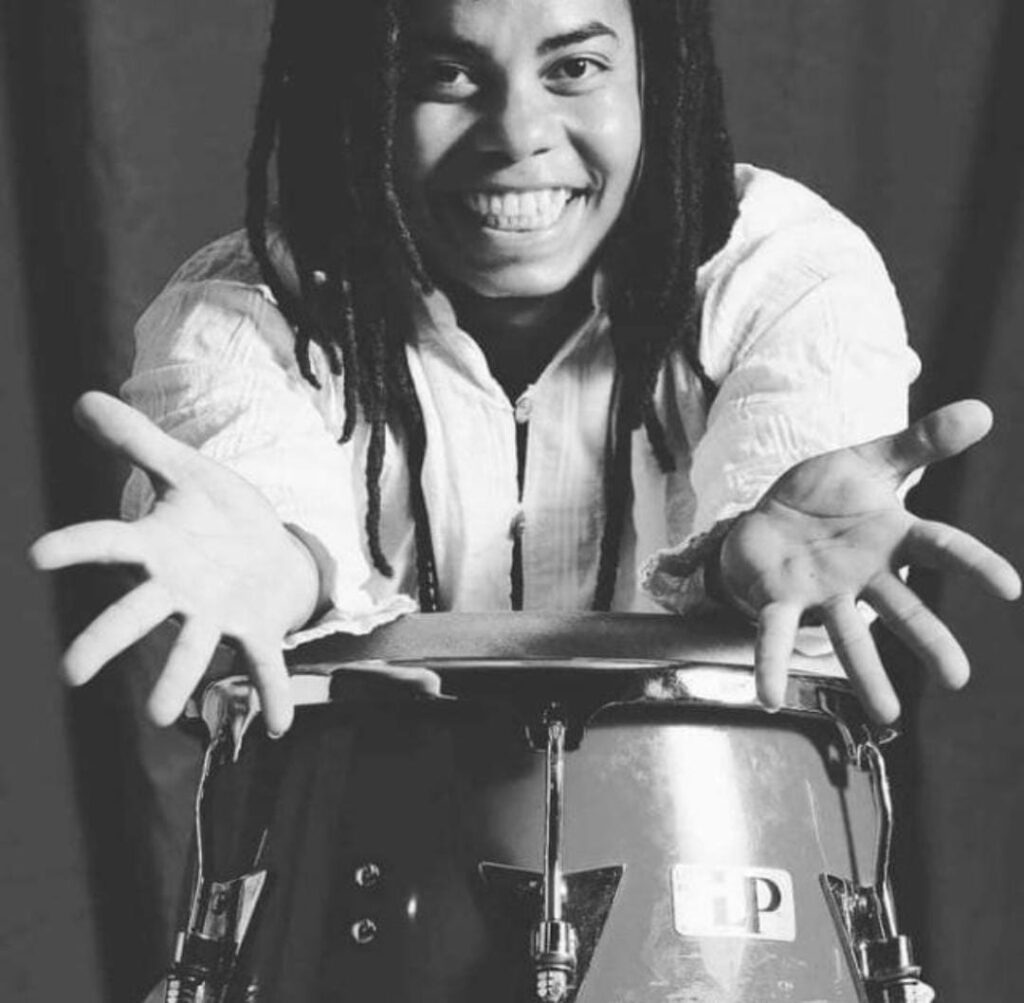
Mestre Juninho Quebradeira

Sergio Pedro da Silva
Afro-diasporic representations in four documentaries
online workshop
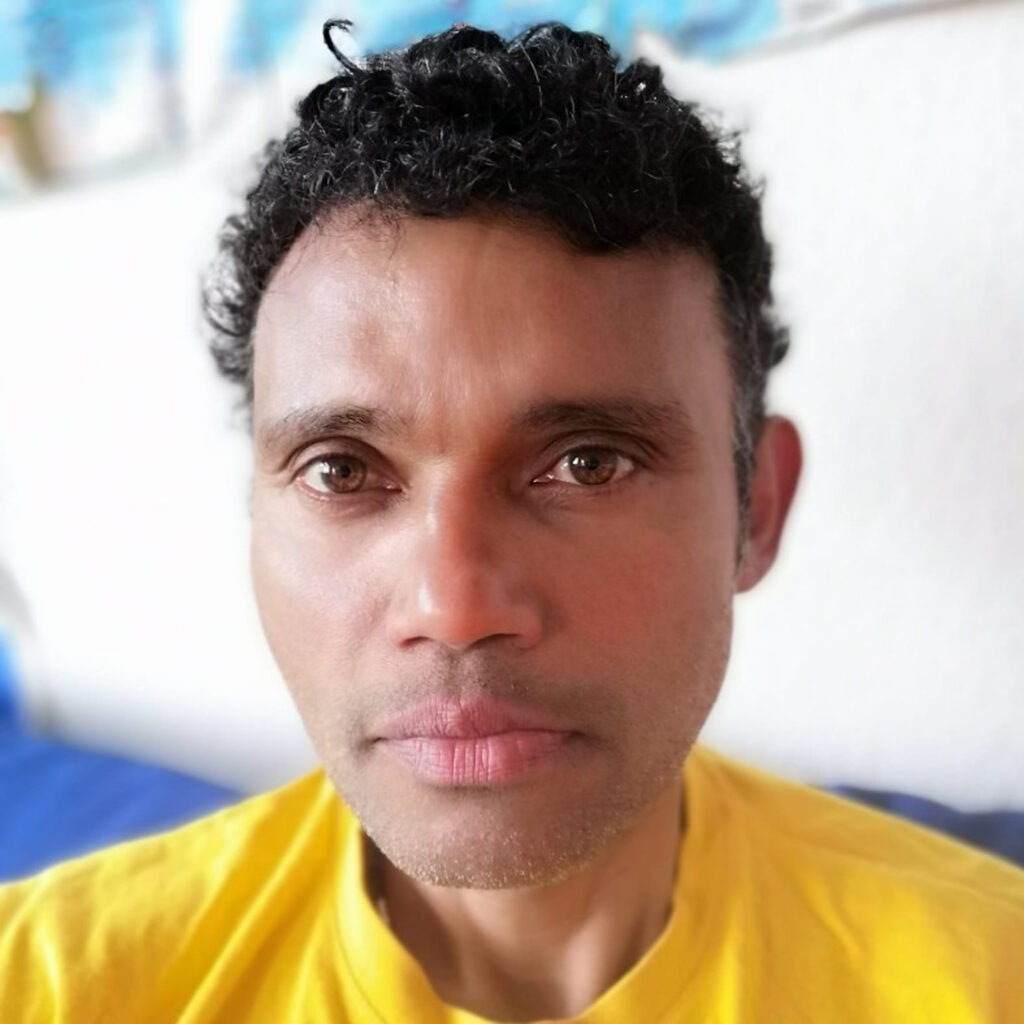
Israel Valente
Africa and its diasporas in Brazil and Latin America have many faces and many forms of representation. Audiovisual narratives seek to register their understanding of what comes to be Afro-diasporic. This course aims to analyze four short films directed by the Brazilian researcher Israel Valente, who in recent years has dedicated himself to a personal narrative of the Afro-Brazilian concept. He excels in the honesty of the hybridization of the term, putting in Brazil and in LA an “African purity” is impossible since there the very existence of pre-existing cultures (indigenous) owners of the secrets of the land, conditioned the entire survival of the so-called “new world”. And as important as the existing indigenous nations in all the Americas were the European elements, which in the case of the Portuguese and Spanish already had a heritage of centuries of coexistence with Afro-Asian-Mediterranean cultures, they were also undeniably responsible for the Afro-Latin concept that lasts in and across borders until our days.
Through the analysis of the documentaries, Gabriel and Jean-Nigeria Haiti: Two Sculptors Separated by an Ocean, Pai Raimundinho Dente de Ouro and Vodun Cotidiano, Terreiro Caboclo Guarany de Oxossi (work in progress), Israel Valente will seek to dialogue about these representations portrayed in the films. The objective is the exchange of experiences with the participants and a broadening of knowledge on the subject.
Panel Discussion 1: Engagement of the African Diaspora with the mother continent: Reflections on the “Black tax” and Ubuntu
October 5th I 4:30 pm (UTC+2)
The relationship between the individual and the community is defined and perceived differently from one ‘culture’ to another. In the ‘African’ context, the concept of Ubuntu by Nelson Mandela and Archbishop Desmond Tutu in post-Apartheid South Africa defines community spirit and solidarity as pillars of society. As financial support for one’s ‘family’ and one’s expenses, the ‘Black Tax’ is one of the palpable manifestations of the ideal of solidarity as expressed in the Ubuntu concept. However, it is sometimes also perceived as a thorn in the side and an obstacle to individual realization. As one of our conference goals is to question the African Diasporas’ social, political, and economic responsibilities towards their continent of origin, we will address the Ubuntu concept and the “Black Tax” as one manifestation during the conference. In our second panel, we will focus on the “Black Tax” as a manifestation of the Ubuntu ideal and as a way for the African diaspora to “carry” the mother continent. We will mainly deal with the workings, role, and implications of the “Black Tax” for the Diaspora and the African continent.
Panel Discussion 2: One united sixth region of Africa? Reflections on the Plurality of the African Diaspora and the sense of identity and belonging
October 7th I 7:00 pm (UTC+2)
From the transatlantic slave trade to the waves of post-colonial migration, there are various reasons for the dispersion of Africans around the world. Whatever the reasons for displacement from the mother continent, the region of the world they have inhabited since leaving it, or the time of their arrival on the territories in question, Black African diasporas deal with the question of identity and belonging. This question is not without consequences for their existence and how they define themselves not only in their new “home” but also in Africa. The African Union does not seem to consider these parameters since it sees the African diasporas – without distinction – as the sixth region of the continent. It defines “African Diaspora as: “…people of African origin living outside the mainland, irrespective of their citizenship and nationality and who are willing to contribute to the continent’s development and the building of the African Union”. In the protocol on amendments to the constitutive act of the African Union, one of the objectives of the Union is to “invite and encourage the full participation of the African Diaspora as an essential part of our continent, in building the African Union”. How does African Diaspora define its relationship to Africa, its “home” continent? What could be the basis for the idea of a united African Diaspora as formulated in the African Union texts? In this panel, we will try to answer these questions by looking at African Diaspora’s different historical and spatiotemporal trajectories.
